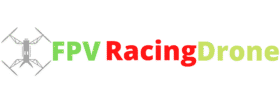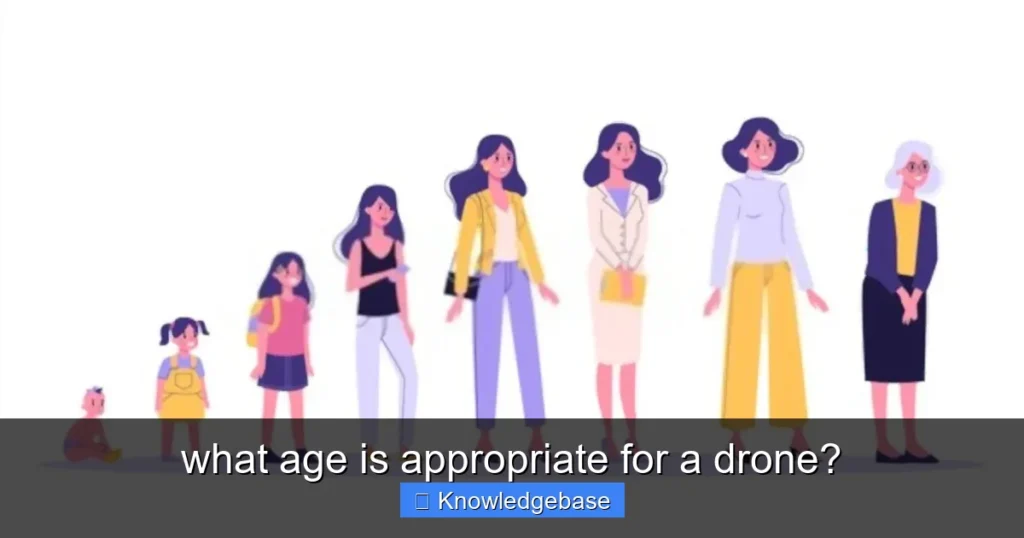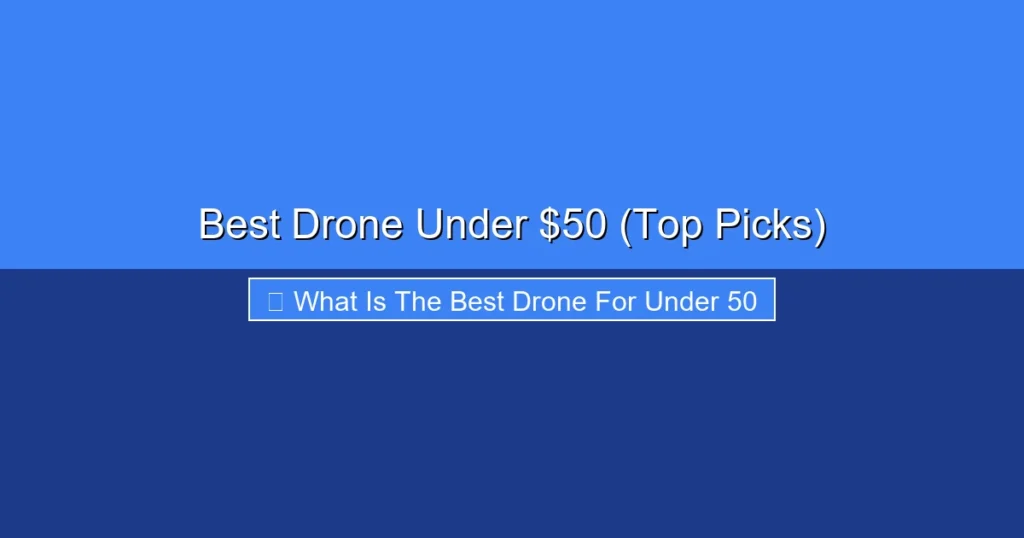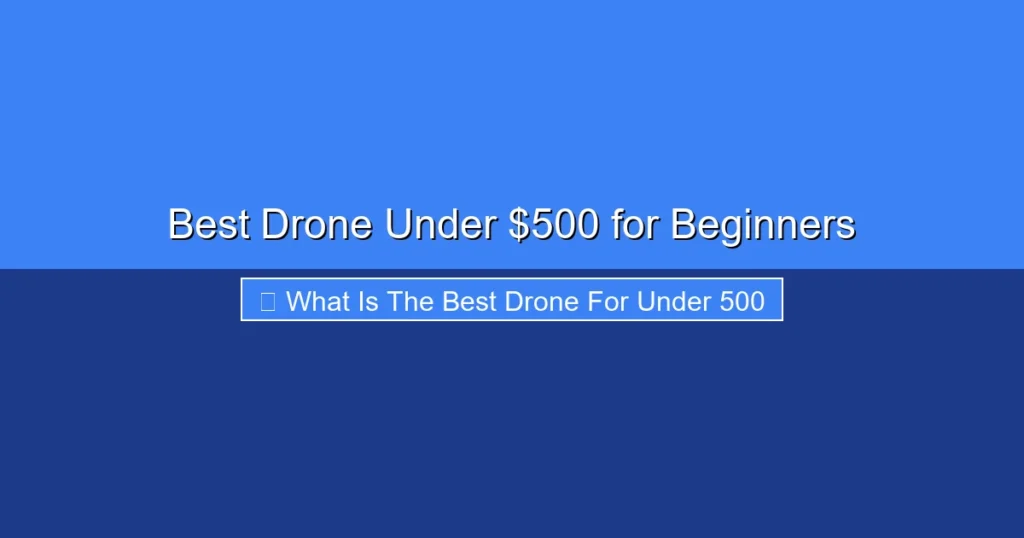
Featured image for this comprehensive guide about do i need a drone license for recreational use?
This is a comprehensive guide about do i need a drone license for recreational use?.
Quick Answers to Common Questions
What is do i need a drone license for recreational use??
do i need a drone license for recreational use? refers to essential knowledge and techniques that can significantly improve your understanding and results.
Why is do i need a drone license for recreational use? important?
Mastering do i need a drone license for recreational use? provides practical benefits and helps you achieve better outcomes in various situations.
How does do i need a drone license for recreational use? work?
do i need a drone license for recreational use? involves specific methods and approaches that deliver effective results when applied correctly.
When should I use do i need a drone license for recreational use??
You can apply do i need a drone license for recreational use? techniques whenever you need to improve your approach or achieve better results.
What are the benefits of do i need a drone license for recreational use??
Learning do i need a drone license for recreational use? offers numerous advantages including improved efficiency, better results, and practical applications.
🎥 Related Video: What are the rules to fly your drone in 2025?
📺 Pilot Institute
This video will explain the requirements for operating under 49 USC 44809 for recreational UAS pilots. Remember! If you fail to …
Frequently Asked Questions
What is do i need a drone license for recreational use??
do i need a drone license for recreational use? is an important topic with many practical applications and benefits.
How can do i need a drone license for recreational use? help me?
Understanding do i need a drone license for recreational use? can improve your knowledge and provide practical solutions.



